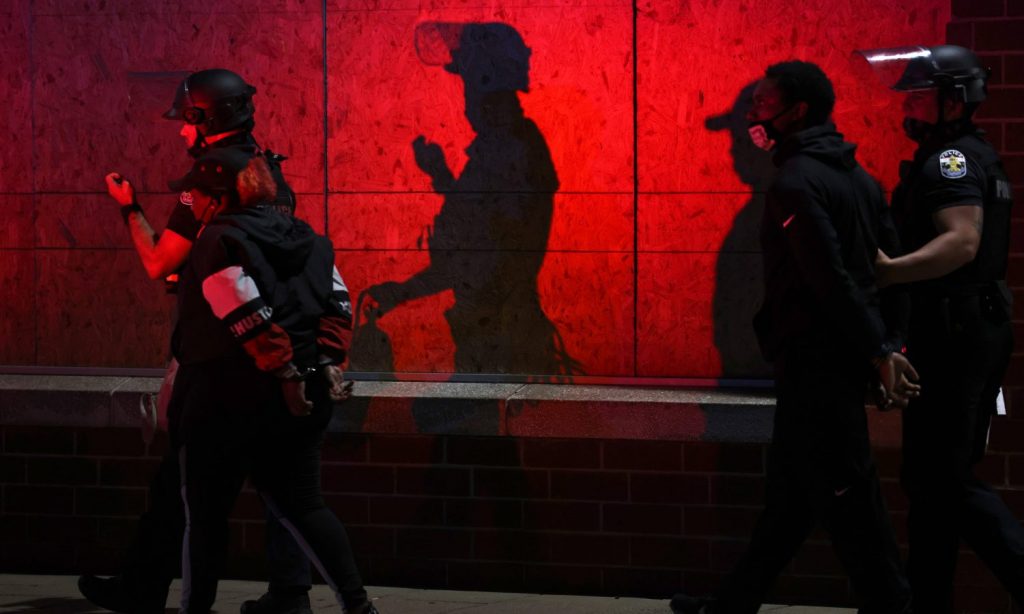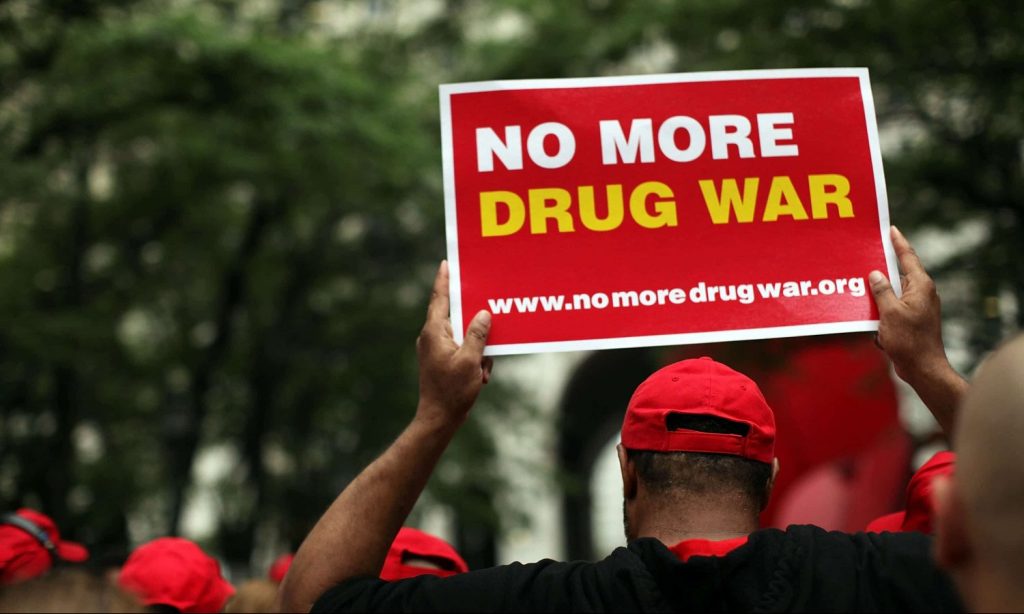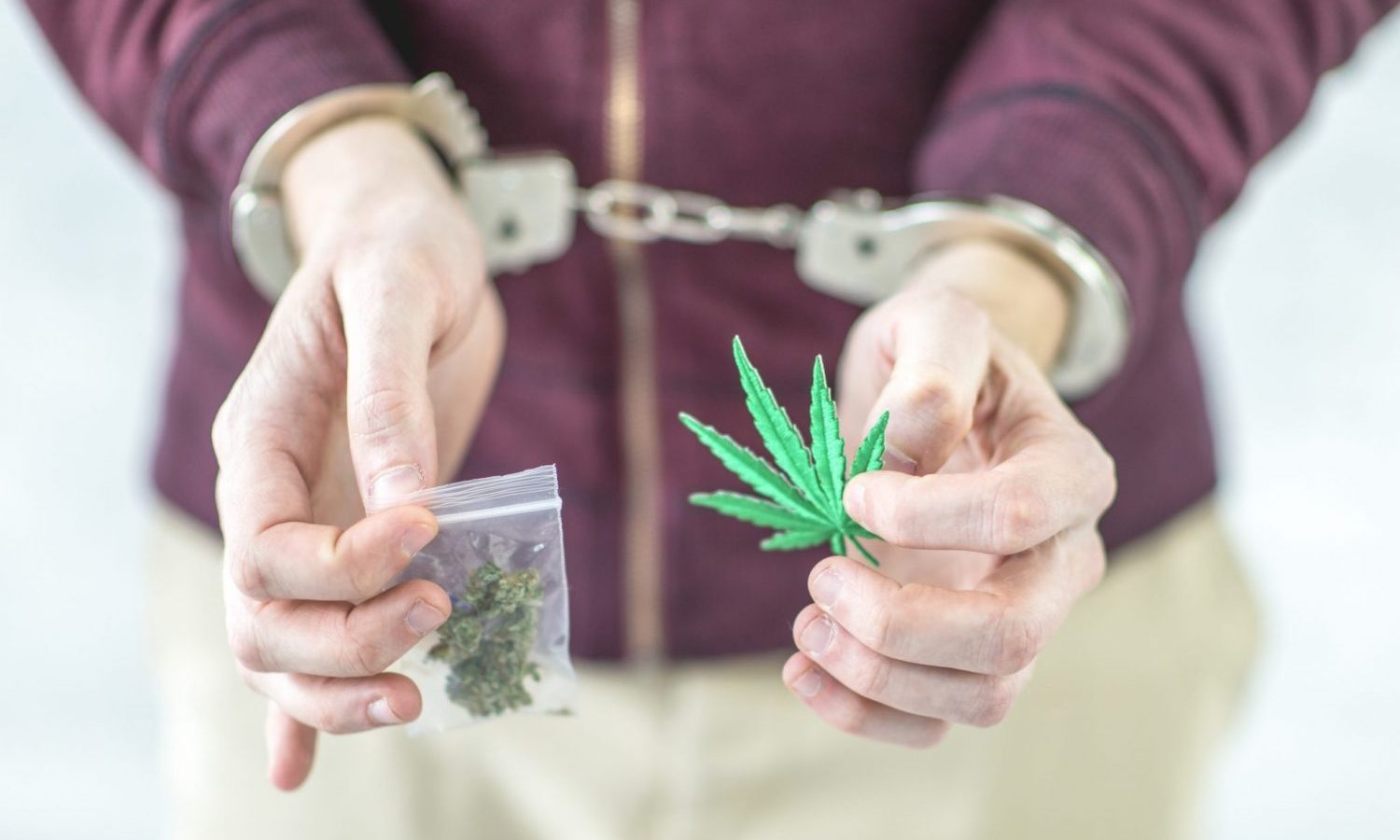The comparison between the war in Afghanistan and the Drug War is particularly appropriate. They even overlap.
Disclaimer: The views expressed in this article solely belong to the author and do not necessarily represent those of The Fresh Toast.
President Biden has announced that the U.S. and our allies will be out of Afghanistan no later than September 11, the 20th anniversary of the terrorist attacks on the World Trade Center and the Pentagon. Finally, we are seeing the end of what is being called our “longest war.”
But it is no such thing. Of course, the “Prime Directive” of U.S. public policy, journalism, and politics, religion, and pet care, is “Don’t Mention The Drug War” (see: America’s Longest Ongoing War: The War on Drugs).
Our drug war actually began over 100 years ago with the International Opium Convention.

Ironically, it was signed at The Hague, the Netherlands. on January 23, 1912, during the First International Opium Conference. “It was the first international drug control treaty. The United States was unsuccessful in its attempts to have cannabis included in the 1912 Convention.”
In 1937, the notorious Harry Anslinger got Congress to pass the Marihuana Tax Act (see: Harry Anslinger: The Godfather Of Cannabis Prohibition). It was signed into law by Franklin Roosevelt, and almost every President since has contributed to an escalation in the violence.
The comparison between the war in Afghanistan and the Drug War is particularly appropriate. They even overlap. Afghanistan is still a major source of heroin, but the once famous Afghani hash is impossible to find. Surprise, surprise!
The most important point is that the War on Drugs was never just a figure of speech, like the War on Cancer or the War on Poverty. It was and is real violence by the users and sellers of some drugs against the users and sellers of other drugs.
First, the United States was never officially at war with Afghanistan. In fact, after easily overthrowing the Taliban terrorists who had seized control, the war was very much like the Drug War in the U.S. and Latin America.
Mexico, Guatemala, Honduras, Colombia, Peru, and other countries that are barely functioning have been destabilized by both the violence and corruption of the Drug War. It has also spread to Africa to supply Europe with cocaine.

Meanwhile, in the U.S., we had the National Guard rappel from helicopters into feral hemp fields, aptly called Ditch Weed. We have militarized our police with “war surplus” equipment, even armored cars. We kick down doors and violently storm into American homes under no-knock warrants. Just like Afghanistan.
SEE: Louisville Settles With Breonna Taylor’s Family Ending No-Knock Warrants But Only In Louisville
It is still a war, even if the violence is all from one side. In fact, most of the violence in the domestic Drug War is simply threatened by the police against peaceful marijuana users. There have been over 22 million Americans arrested for marijuana possession since the late 1960s. Even now, there are still over half a million marijuana arrests every year, more than for all violent crimes combined.
The Drug War was also like other wars because truth really was the first casualty, and the lying about cannabis is still the foundation of most state violence in western democracies.
As Patrick Henry once said, “Gentlemen may cry, ‘Peace! Peace!’ — but there is no peace.”
Richard Cowan is a former NORML National Director and author of The Differences Between Hemp CBD And Terpenes.


